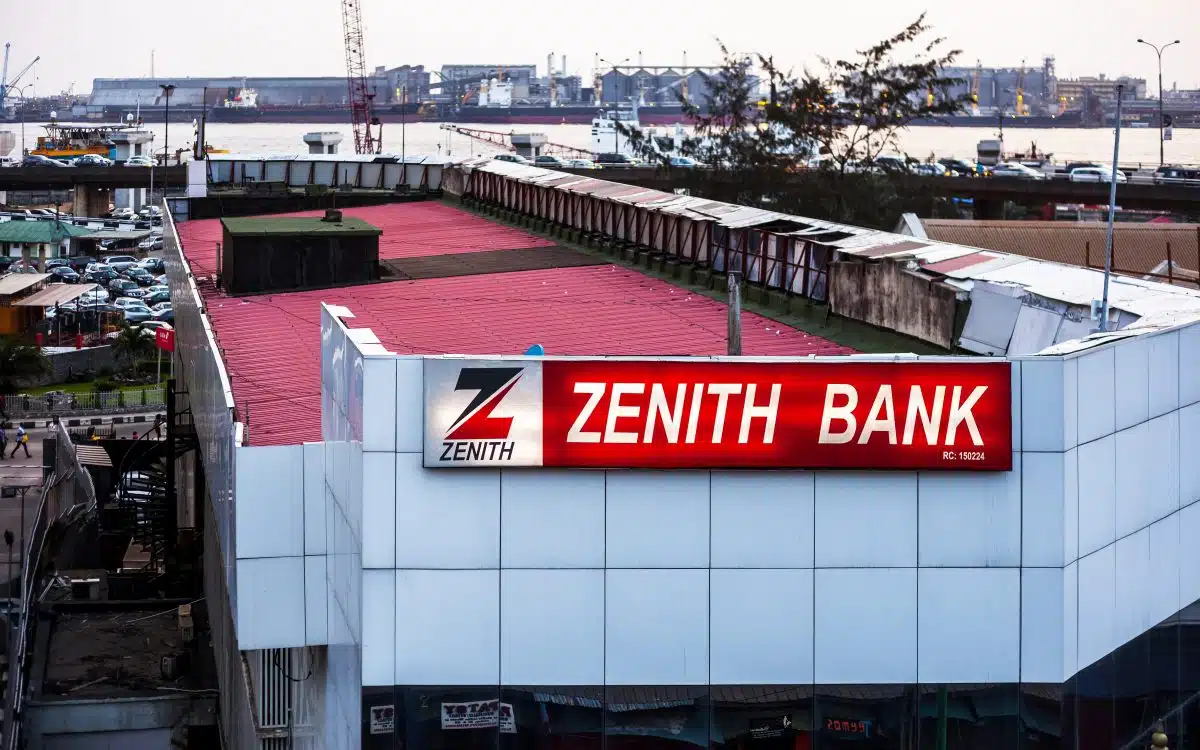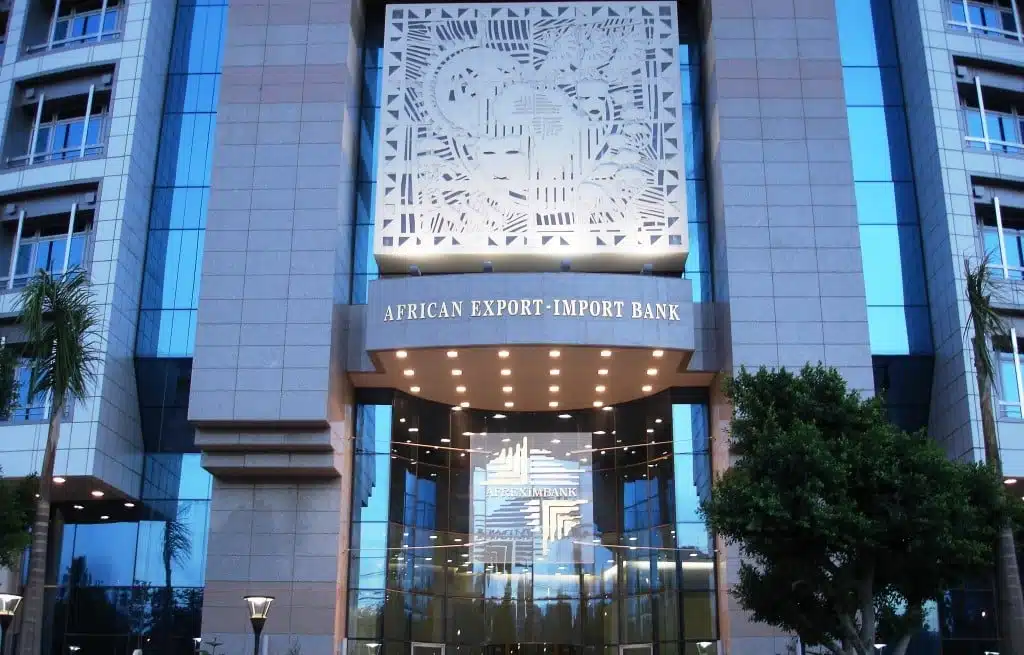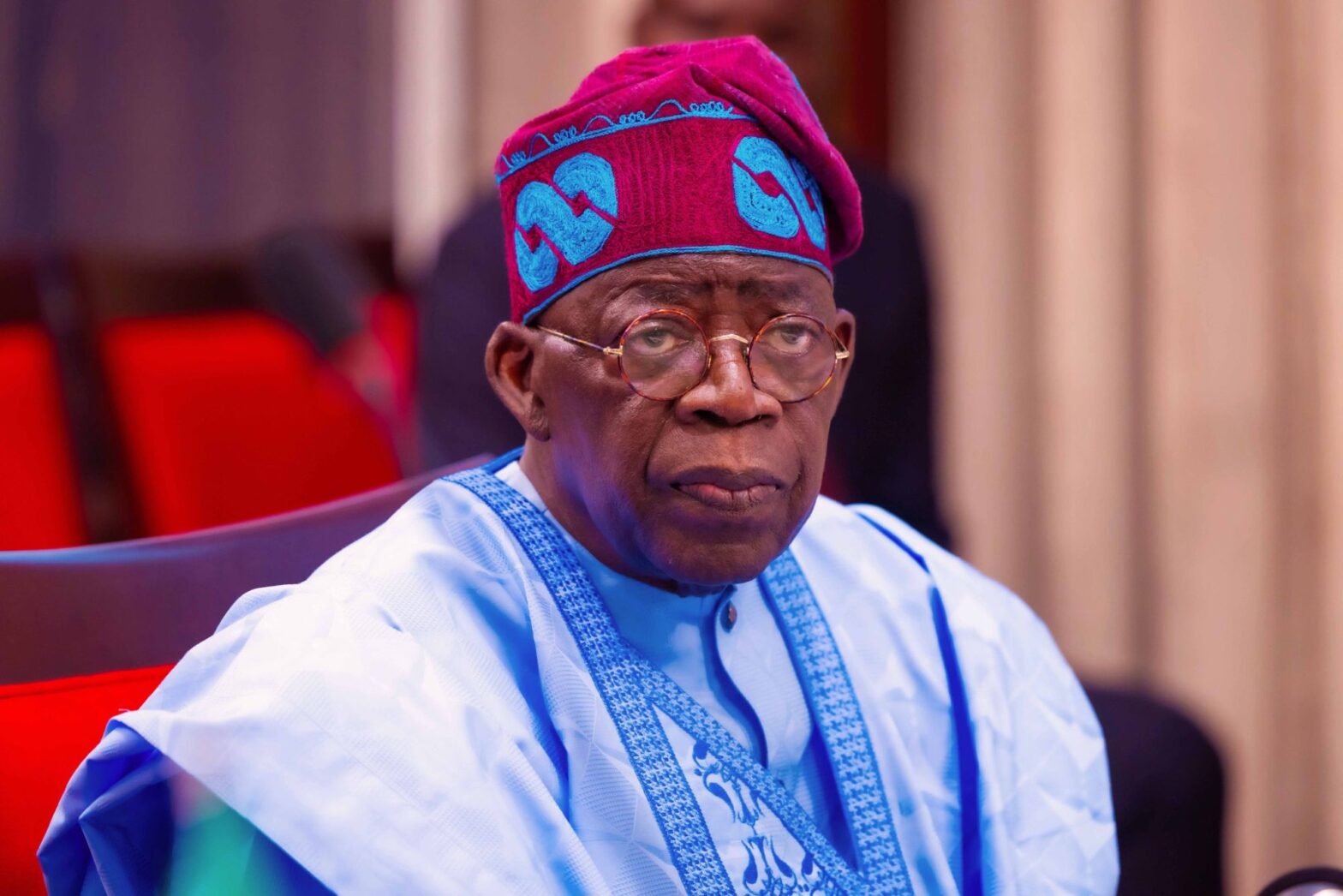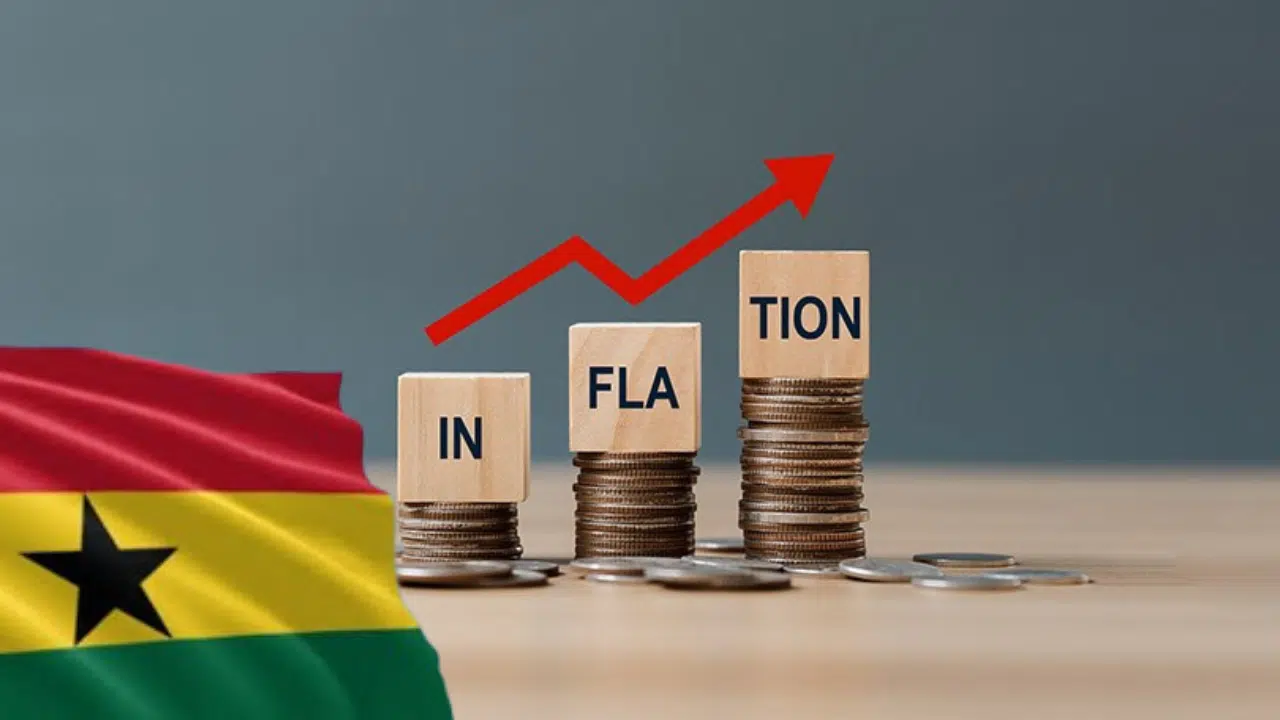Malawi’s export earnings surged to $126.7 million in January, marking a 96.1% increase from December and a 221.6% jump from the same period last year, according to the latest data from the National Statistical Office (NSO).
The sharp rise in exports helped narrow the country’s trade deficit to $146.8 million, down 20.5% from January 2024.
Despite the strong export performance, Malawi remains mired in an acute foreign exchange crisis, with inflation soaring and the cost of essential goods rising sharply.
Consumer prices rose 28.5% in January, driven by a 36.0% spike in food costs. The price of maize, the country’s staple food, climbed 21% in the same period, according to the International Food Policy Research Institute.
The forex shortage has fuelled a thriving black market. As of Monday, the kwacha is trading at over K4,000 per U.S. dollar—more than twice the official exchange rate of K1,750.
The widening gap between official and parallel market rates has intensified economic distress, triggering mass protests in the capital, Lilongwe, on Tuesday as citizens decry the rising cost of living.
Exports surge, but imports still outpace earnings
The increase in exports was driven largely by Malawi’s key cash crops, with tobacco accounting for 78% of total shipments at $45.2 million, followed by tea at $5.5 million and pulses at $2.0 million. Other notable export commodities included groundnuts, sugar, and macadamia nuts.
However, while exports have risen, Malawi’s import bill remains significantly higher. Imports climbed 22% year-on-year to $273.5 million in January, led by fertilizer ($43.6 million), diesel ($24.4 million), and petrol ($22.6 million).
Other major imports included pharmaceuticals, industrial machinery, and plastics, which contributed to an import-to-export ratio of 0.46—indicating that exports covered less than half the value of imports.
Forex crisis deepens, calls for policy shift grow
As Malawi struggles with foreign currency shortages, policymakers are grappling with solutions.
Reserve Bank of Malawi (RBM) Deputy Governor Kisu Simwaka had earlier dismissed the idea of another currency devaluation, arguing that exchange rate adjustments alone would not resolve the crisis.
“Fundamentally, the issue is not about exchange rates, because we can have the exchange rate anywhere we want, but that will not bring us forex. The issue is about production and exports,” Simwaka said.
He emphasized the need for structural reforms to shift bank lending away from consumption and toward productive sectors that can generate foreign exchange. “We must realign our policies so that lending goes towards production and exports rather than consumption,” he added.
With inflationary pressures mounting and forex reserves dwindling, Malawi’s economic outlook remains precarious.
The government faces growing pressure to address structural imbalances and restore investor confidence, as rising discontent among citizens threatens to escalate further.






